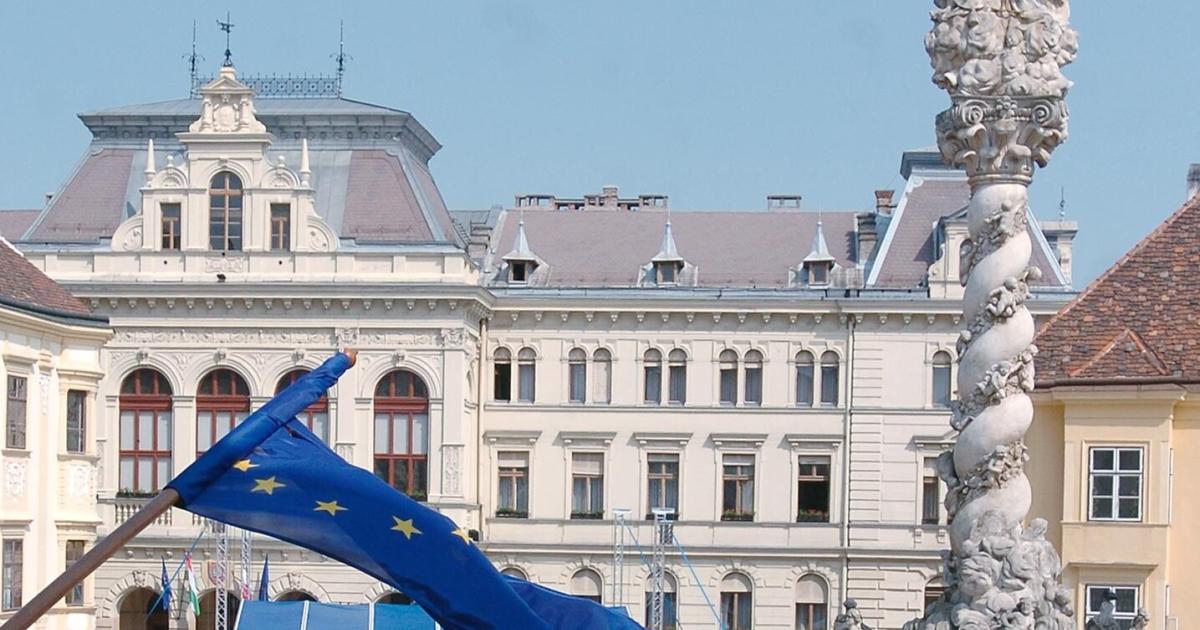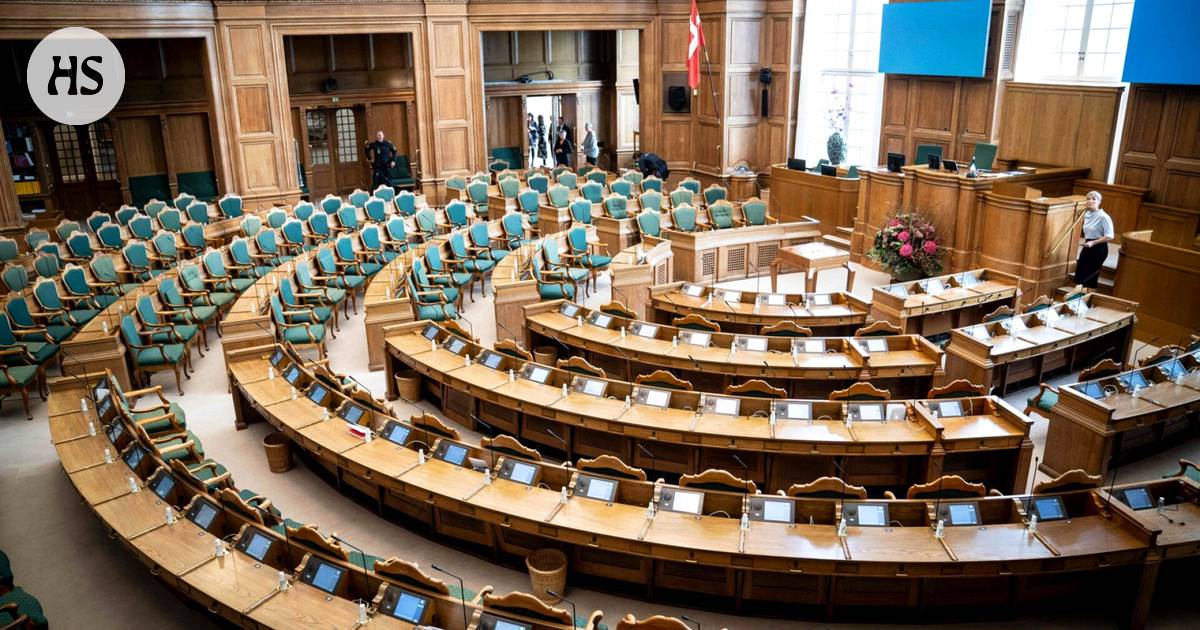
The economic success of Central and Eastern Europe has been recognized by Raiffeisen, but the bank notes that political problems were sometimes underestimated. Since joining the European Union in 2004, countries such as Czech Republic, Slovakia, Poland, Hungary, and Slovenia have seen continuous growth, collectively contributing 8.7% of the EU’s GDP. Trade within the region has also become increasingly important, with significant growth in foreign trade seen in countries like Poland and Hungary.
However, despite the economic success, challenges at the political level were not fully anticipated during the EU’s eastward enlargement. There has been a rise in right-wing populist parties in the region, leading to increased skepticism towards the EU. While joining the EU brought benefits for many, there were also clear losers in the process, such as older individuals who may have lost job opportunities.
Experts suggest that future EU enlargements should consider geopolitical and social components more carefully to address the concerns of all citizens. The integration of Central and Eastern European countries into the EU has brought economic prosperity, but also highlighted the importance of understanding and addressing political and social challenges.






